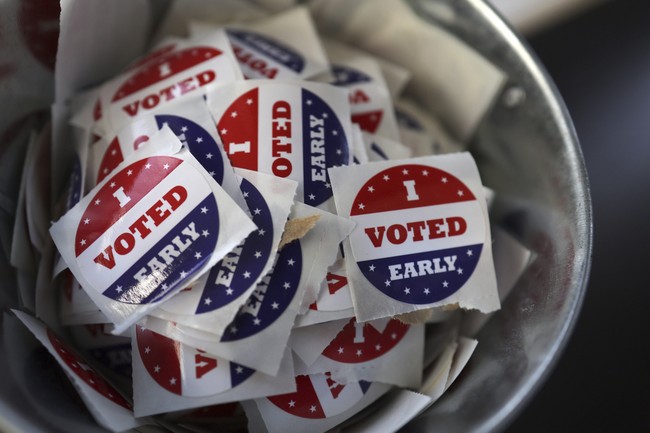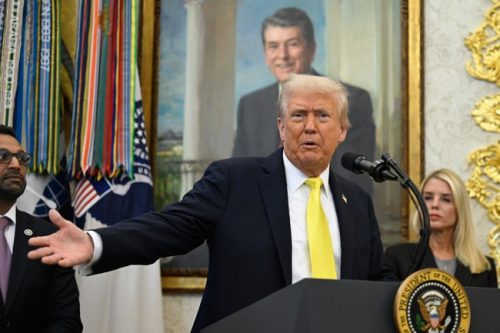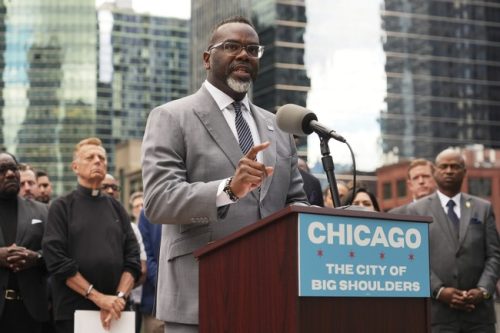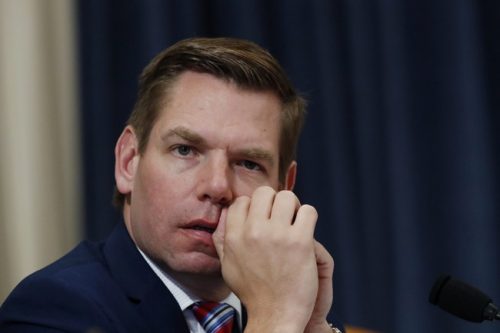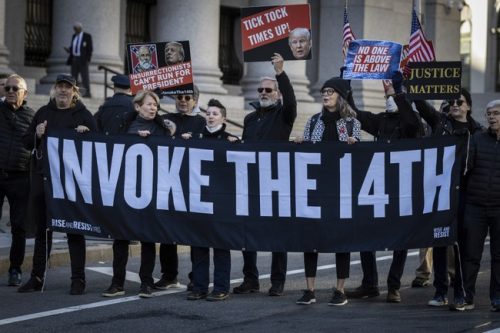You’ll get a clear read on the YAF/Echelon survey: young voters’ free speech views, economic worries and work outlook, feelings about American pride and founding ideals, and how all this shapes motivation and the generic 2026 midterm picture.
Young America’s Foundation released a fall survey, conducted by Echelon Insights, that digs into what younger voters are thinking about speech, jobs, national pride, and the 2026 midterms. The results show a mix of strong theoretical support for free speech and real hesitation about speaking in public. Economic anxiety and questions about opportunity are shaping how they feel about the future. These attitudes matter as both parties plan for 2026.
The survey found 79 percent of young voters say political speech, including “strongly conservative” viewpoints, should be protected as free speech. Yet only 51 percent feel comfortable speaking their political views in public, while 23 percent said they “rarely or never” speak publicly. That gap between principle and practice is a big red flag for conservatives trying to engage younger voters.
Responses on the limits of speech were revealing: 42 percent said “negative statements toward racial or ethnic groups” should not be protected, and 38 percent drew the line at “celebrating acts of violence.” A majority, 60 percent, think those comments should be reported to a person’s employer, and roughly 30 percent felt that “violence might be justified” to shut down certain speech. Those numbers show how quickly speech debates can slide into calls for punishment.
On partisan tolerance, a slim majority of liberal young voters, 53 percent, endorsed the idea that banning strongly conservative views from the public square makes us “better off,” while 31 percent of young voters overall agreed. When asked about the Charlie Kirk assassination, seven in ten said “there is absolutely no justification for murdering someone over their viewpoints.” Still, just under a quarter blamed Kirk’s own views for the violence, and 42 percent of young liberal voters said his views led to his assassination.
“The politically motivated murder of activist, husband, and father Charlie Kirk should serve as a wakeup call to the higher education community. It is beyond high time that colleges and universities acknowledge that they have a special responsibility to create a safe environment for the free and open exchange of ideas and open inquiry on their campuses.
This responsibility carries additional weight when it comes to conservative speakers and students, who face heightened risk to life and limb in the current political environment.
Public colleges and universities have a legal obligation to comport with the First Amendment’s constitutional protections for free speech and association. However, no institution of higher education—public or private—can be worthy of the name if it permits the assassin’s veto to silence free expression, inquiry, and association.
On behalf of thousands of students nationwide, Young America’s Foundation asks you and your institution to sign the Contract for Safe Campus Dialogue and commit to making your campus safe for conservative ideas and speakers.”
YAF’s president at the time also warned about protecting conservative students and speakers and pledged to increase conservative voices on campuses. “Historically, Young America’s Foundation has sponsored more conservative speakers than any other group in the country,” Walker said. He added that YAF would “have our students’ backs” and work with other conservative campus groups to boost safety and speaker numbers.
The fall poll shows a decline in comfort for young conservatives: at the start of 2025, 65 percent said they were comfortable speaking publicly, but that fell to 51 percent this fall. On hot-button topics, 12 percent said pro-Israel views should not be protected, while 23 percent felt “misgendering” a trans person should be excluded from First Amendment protections. YAF has taken action in some cases, filing complaints where it says students were discriminated against for pro-Israel views.
Economic concerns are front and center. Jobs and the cost of living rose as top worries, up five and three percentage points respectively from earlier in the year. Current students are more optimistic about the value of their degrees than graduates: 61 percent of students think their degree is worth the cost, versus 38 percent of graduates. That split matters for outreach and messaging.
Financial confidence is mixed: nearly 60 percent say they are confident they will meet financial goals, but 31 percent disagree. A slim majority, 51 percent, believe there are fewer opportunities to get ahead in America, and 47 percent say they have fewer opportunities than their parents did. Those who feel less hopeful vary by race: 21 percent of white young voters say they have fewer opportunities, while 41 percent of Black voters and 47 percent of Hispanic voters say the same.
A recent poll of Florida voters highlighted housing costs and taxes as top concerns, reflecting the affordability worries seen nationwide.
The Trump administration and Republican officials are acknowledging affordability as a key voter issue and have been addressing it in messaging and policy proposals.
On questions of national pride, 47 percent of young voters said America no longer values hard work the way it once did. Fifty-five percent of young liberal voters say America fails to live up to founding ideals, compared with 24 percent of moderates and 18 percent of conservatives. Only 35 percent said they are “pro-America always or most of the time,” while 38 percent said they are “rarely” proud of the United States.
Still, 68 percent said they are always or sometimes proud of Americans in their generation. When asked what made them least proud, many named divisiveness, hate, violence, and crime. A majority, 62 percent, believe Americans can come together and overcome divisions, a sentiment stronger among moderates and conservatives than among liberals.
Motivation to vote in 2026 looks strong across the partisan divide: 68 percent of young liberal voters and 64 percent of young conservative voters say they are extremely or very motivated to vote, while moderates lag at 39 percent. The generic ballot paints a warning sign: one snapshot gave Democrats a 13-point lead with 13 percent unsure, and another poll showed Democrats up by ten points on the 2026 generic ballot.
These findings give Republicans clear areas to address: restore confidence in economic opportunity, protect free speech in a way that reassures students and speakers, and close the enthusiasm gap where it exists. The data shows what young voters say now and where campaigns can focus before 2026.
UNF poll: Florida voters say housing costs, property taxes & insurance costs are their top concerns heading into 2026 midterms and GOP leads issues https://t.co/UKb4PYi0kn
— Florida’s Voice (@FLVoiceNews) November 2, 2025

